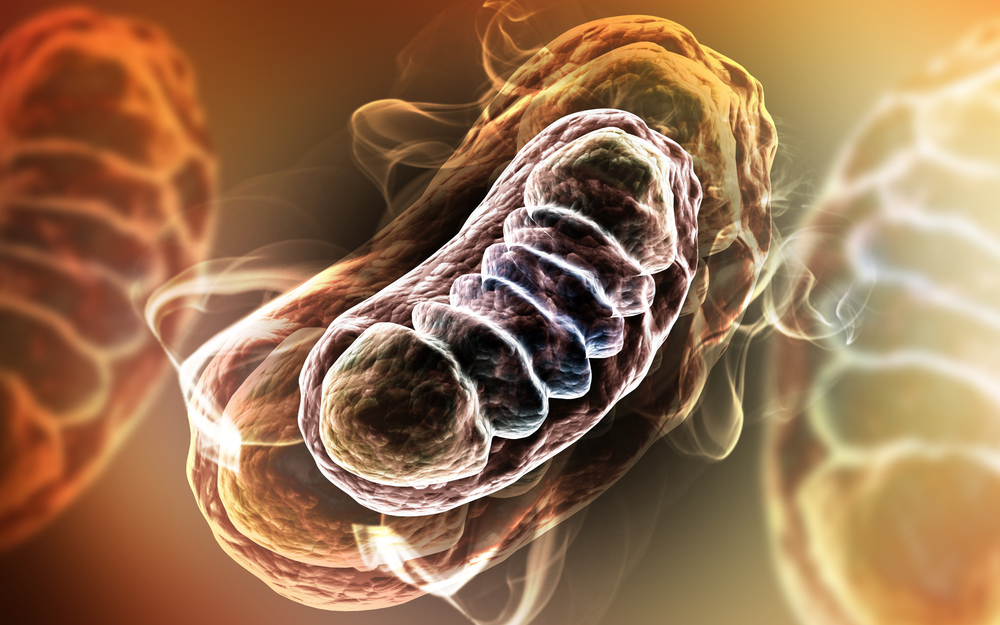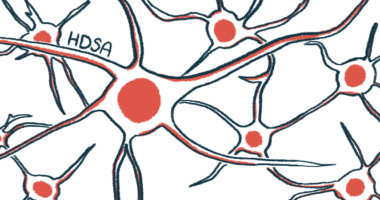Molecule Seen to Ease Neuronal Damage Caused by Huntington’s Mutation

Texas Tech University Health Sciences Center researchers have identified a molecule that might have protective effects against neuronal damage caused by mutant huntingtin, and constitute a potential therapeutic target for the treatment of Huntington’s disease. The study, “Mitochondrial division inhibitor 1 protects against mutant huntingtin-induced abnormal mitochondrial dynamics, synaptic dysfunction and neuronal damage in Huntington’s disease,” was published in Human Molecular Genetics.
The neurodegeneration observed in Huntington’s disease patients is caused by the mutated form of the huntingtin (Htt) protein. Previous studies show that loss of the functional protein affects axonal transport, essential for synaptic formation, and leads to mitochondrial dysfunction and neuronal damage.
P. Hemachandra Reddy, PhD, executive director and chief scientific officer of the TTUHSC Garrison Institute on Aging and School of Medicine professor, and Maria Manczak, PhD, senior research associate at the Garrison Institute on Aging, aimed to investigate the protective effects of mitochondrial division inhibitor 1 (Mdivi1), studying neurons that stably expressed either the mutant Htt or the wild-type (WT) Htt, which the researchers either treated with Mdivil or left untreated.
Researchers found that Mdivil-treated mutant Htt neurons had decreased expression of mitochondrial fission genes and higher expression of fusion genes, compared to untreated mutant Htt neurons. Moreover, synaptic gene expression was up-regulated and mitochondrial function was normal in treated mutant Htt neurons. This was not observed in untreated neurons expressing mutant Htt, where microscopic observations showed that Htt fragmented mitochondria. Moreover, Mdivi1-treated mutant Htt neurons showed increased numbers of structurally intact mitochondria. Within healthy neurons, Mdivi1-treated WT Htt neurons had higher expression of synaptic and mitochondrial fusion genes and decreased expression of fission genes, indicating that Mdivi1 can actually benefit healthy neurons as well.
In light of these results, researchers theorize that Mdivi1 might have a protective role in neuronal function. Dr. Reddy said in a press release, “These findings suggest that mitochondrial division inhibitor 1 will improve mitochondrial function and protect against synaptic damage in Huntington’s disease. This may be a promising molecule for treatment for the Huntington’s disease patient.”






